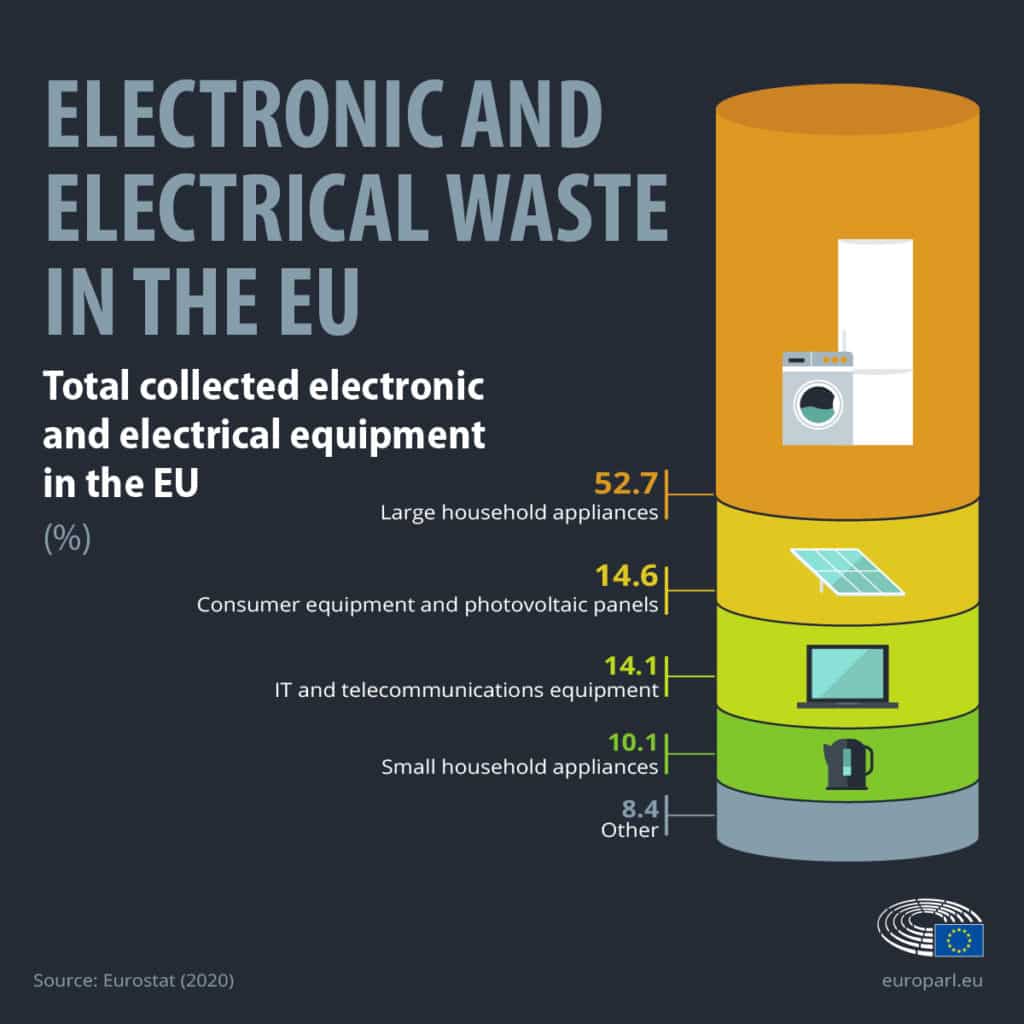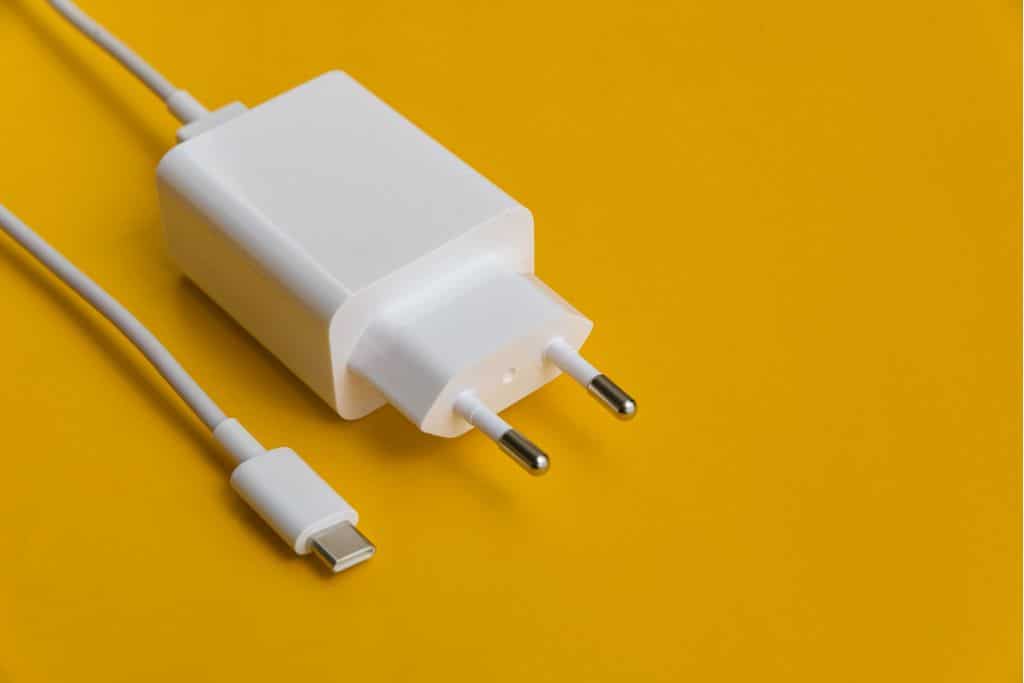In less than two years, USB-C will become the standard charger among all EU countries. The single charger agreement comes in a bid to reduce e-waste and could save nearly €250m for consumers each year, the European Commission estimates.
—
The European Parliament voted on Wednesday to introduce a single charger for electronic devices including mobile phones, tablets, and cameras but also e-readers, earphones, gaming consoles, and health trackers. According to the new reform, which received overwhelming support from EU lawmakers with 602 votes in favour and only 13 against, manufacturers will have until 2024 to switch to USB-C charging port.
The proposal for a single charger was advanced in September 2021 by the European Commission as part of the Green Deal, a raft of new policies to meet the EU climate change goals of reducing 55% of emissions from 1990 levels by 2030, as well as a long-term goal of reaching net-zero emissions by 2050.
The new agreement signals a concrete step towards reducing electrical waste or e-waste. In the EU, less than 40% of all e-waste is recycled, while the rest is unsorted. The numbers vary significantly from country to country. In Croatia for example, nearly 81% of all spent electronic and electrical devices were recycled in 2017. In Malta, the figure stopped at 21%.

E-waste recycling rate in the EU (2020). Source: European Parliament
Supporters of the idea argue that having a single charger would significantly reduce the number of cables produced and sold and could save consumers about €250 million (approximately US$248 million).
With the new policy, chargers and electronics will be sold separately. Users will be able to choose whether to buy a new charger with their new devices and, if these are compatible with their existing ones, it will reduce costs as well as the number of discarded products. According to statistics obtained by the EU, one in every three chargers sold in a bundle with electronic devices ends up not being used.
Companies like Apple have used reasons for not being very supportive of the policy, claiming that it hinders innovation instead of encouraging it and that it would cause harm to users not just in Europe but all over the world. Apple – the world’s most valuable brand and leading tech company – is expected to be among the most affected by the single charger rule given that the brand relies on a different charging port for its devices than most of its competitors including Android.
While this is certainly a good step in the right direction, chargers still make up about 54,000 tonnes of e-waste, equivalent to about 0,1% of the 57,4 million tonnes of electronic waste generated yearly. To solve the e-waste crisis, many argue, more drastic measures are needed.
You might also like: The EU’s Common Charging Solution to Manage the E-Waste Crisis


















